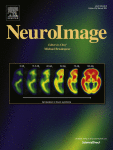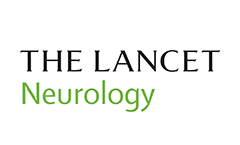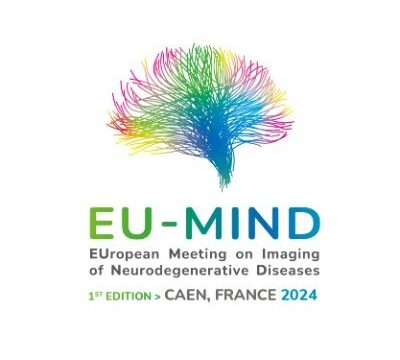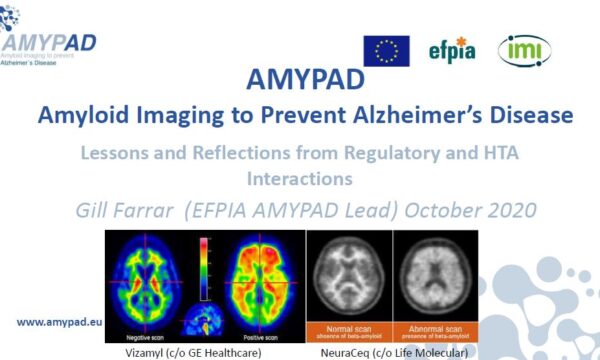The AMYPAD project aims to determine the value of amyloid beta (Aβ) imaging as a diagnostic and therapeutic marker for Alzheimer’s disease. Positron emission tomography (PET) and magnetic resonance (MR) are innovative imaging technologies that can help in early and accurate diagnosis of this condition.
A new AMYPAD referenced paper entitled “Uncertainty analysis of MR-PET image registration for precision neuro-PET imaging” has been published in the journal NeuroImage.
In this article, Pawel J.Markiewicz and colleagues proposed a dedicated uncertainty analysis for quantifying the precision of rigid-body MR-PET registration. MR-PET registration is not as robust as commonly thought, the research has found using NiftyPET-based uncertainty analysis. Registration software had the biggest effect on registration precision, followed by reconstruction parameters and PET count level. In addition, the effect of partial volume correction (PVC) was also investigated and shown to significantly improve the PET signal, but since it relies on precise registration, it also increases PET signal variability.
Congratulations to the authors! The article has been published open access and can be read here: https://doi.org/10.1016/j.neuroimage.2021.117821
NiftyPET is a software platform and a Python package for high-throughput PET image reconstruction, manipulation, processing and analysis with high quantitative accuracy and precision. This software suite for brain imaging analysis is partly sponsored by AMYPAD and is being developed by Pawel Markiewicz and Casper Da Costa-Luis at University College London (UCL), in collaboration with AMYPAD partners, such as VU University Medical Center Amsterdam (VUmc), the University of Edinburgh and the Barcelonabeta Brain Research Center.
For more information visit https://niftypet.readthedocs.io/



